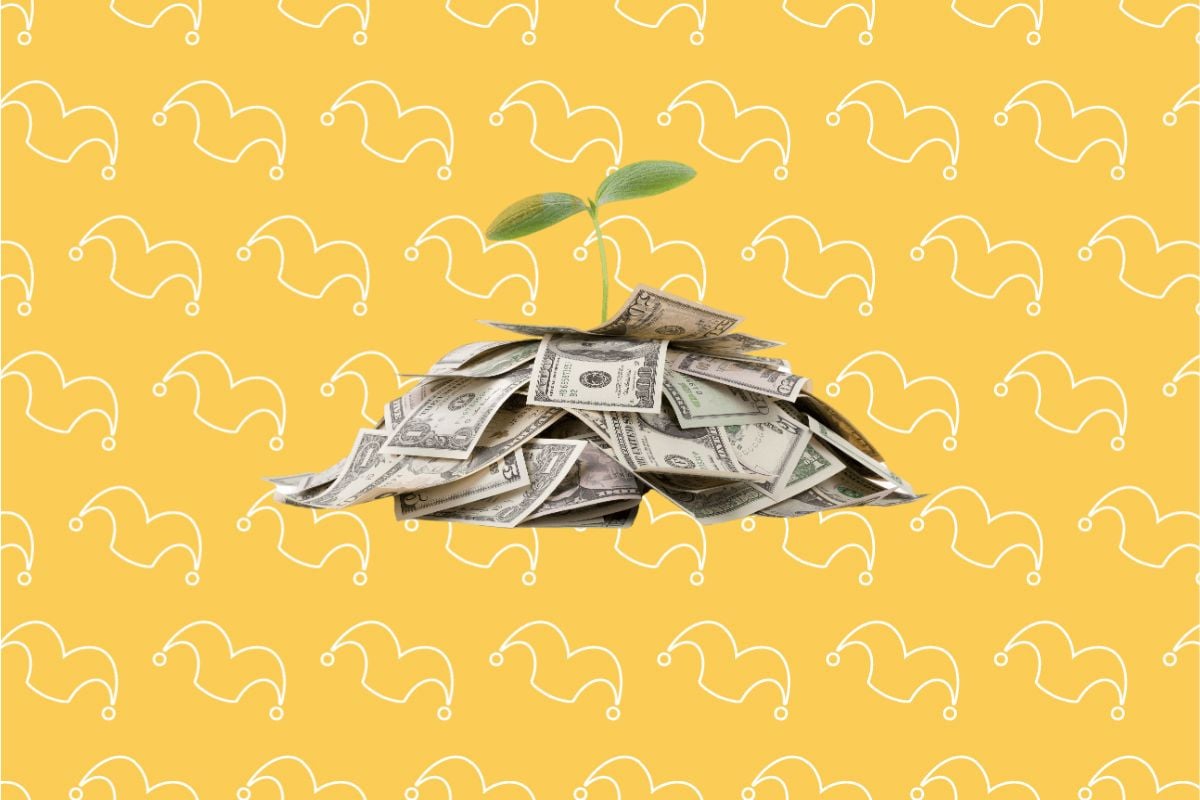CDs vs. Savings Accounts: Here’s How to Decide.

Certificates of deposit (CDs) have become the financial equivalent of Taylor Swift in recent years. Although slightly less flashy, they are very popular. According to S&P Global, CD balances at the end of last year amounted to $2.87 trillion, a 68% increase from the previous year. With some CDs paying APYs in excess of 5.00%, it’s easy to see why people are jumping on the CD bandwagon.
Still, CDs aren’t for everyone. Especially since some high-yield savings accounts also pay very attractive APYs. If you’re not sure what to choose, here are a few questions to help you decide.
1. When should I access the money?
When choosing between a CD and a savings account, think about what you plan to do with the money. For example, if you’re saving for a down payment on a house in two years, that’s very different from having to pay for car repairs if it breaks down.
When you invest in a CD, your money is tied up for a certain period of time. Whether you choose a three-month CD or a 10-year CD, you need to be confident you won’t need the cash until the end of that period. If you withdraw your money early, you’ll often be charged a penalty, which will reduce the interest you’ve earned. check us out Highest CD Interest Rates.
In contrast, most savings accounts allow you to withdraw cash when you need it. This makes a savings account an ideal place to store emergency savings or other cash you want to use immediately. check us out Best High Yield Savings Accounts.
2. Do you want to keep that interest rate the same?
Interest rates on savings accounts vary. This means they can change at the drop of a hat. When the Federal Reserve cuts interest rates, your savings account APY will likely follow suit. So, you may be earning 5.00% APY on the best savings account right now, but you have no idea how long that will last.
In contrast, most CDs offer a fixed interest rate. When you open a CD today, you lock in your current interest rate and know exactly how much you could earn. For example, if you invest $5,000 in a one-year CD that pays 5.00% APY, you’ll earn $250 in interest no matter what. Interest rates do not change even if the Federal Reserve cuts interest rates or something unexpected happens throughout the economy.
Of course, if interest rates rise further, you may end up staying at a lower interest rate than the market rate. One way to mitigate this risk is through CD laddering. This involves buying CDs of different lengths and letting them age at different points. This not only provides more flexibility in terms of access to cash, but also reduces risk in terms of interest rate fluctuations.
3. Have you checked the fees and minimum deposit requirements?
When comparing CDs and savings accounts, conventional wisdom has been that savings accounts charge monthly fees and CDs have higher minimum deposit requirements. But in today’s fast-changing banking environment, there are no hard and fast rules. Banks are increasing APYs, lowering fees, and lowering minimum balance requirements to help them stand out from the competition.
When looking for a place to park your cash, pay attention to fees and account minimums. But don’t assume that you won’t be able to open a CD at an attractive price unless you have a sizable deposit. Generally speaking:
- CDs are more likely to have a minimum deposit requirement. Some, but not all, CDs require significant minimum deposits. The minimums on the CD rates page range from $0 to $2,500.
- Savings accounts may charge account fees. Some, but not all, savings accounts charge monthly fees, which is less likely to be the case with CDs. Many of our top high-interest savings accounts do not require a minimum deposit. Some even offer welcome bonuses to new customers who meet certain requirements.
main points
No matter which vehicle you choose, higher interest rates are good for savers. In fact, CDs and savings accounts are currently paying the highest APYs this century. When choosing between a CD and a savings account, think carefully about how long you want to keep your money and how much access you will need.
CDs are generally better suited for:
- You feel comfortable locking up your money for a period of time.
- Understand how CDs and CD laddering work.
Savings accounts are generally better suited for:
- You may need easy access to money.
- The variable interest rate is convenient.
This savings account is FDIC insured and can earn 11 times the bank’s earnings.
Many people are missing out on guaranteed returns by letting their money languish in large bank savings accounts that pay little to no interest. we chose Best Online Savings Accounts You could earn 11 times the national average savings account interest rate. Click here Find the best-in-class accounts included in our list of the best savings accounts of 2024.



